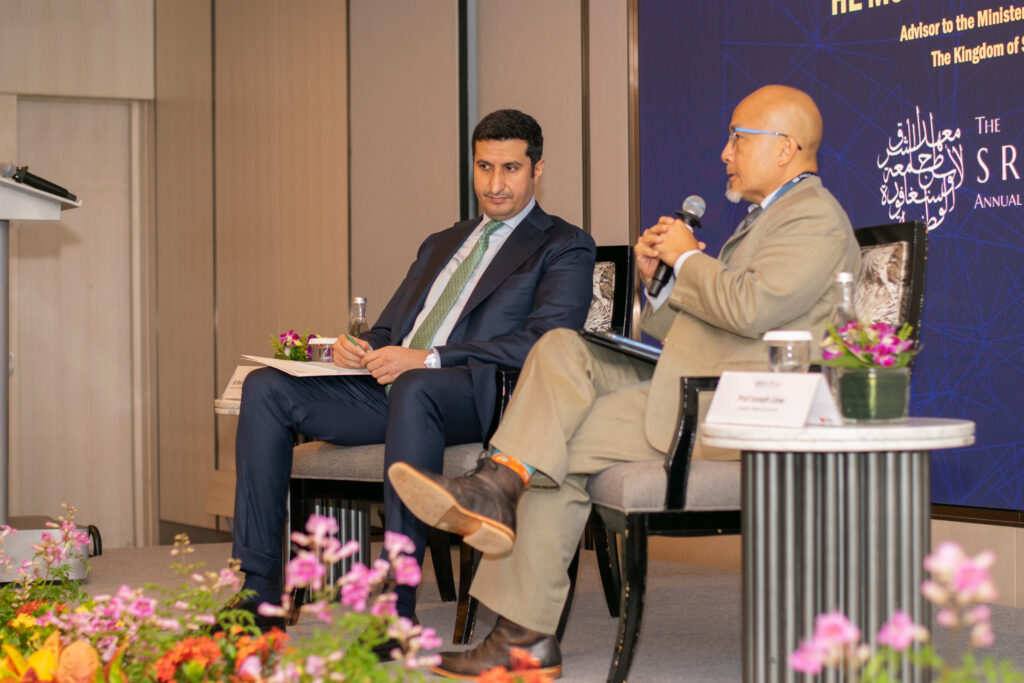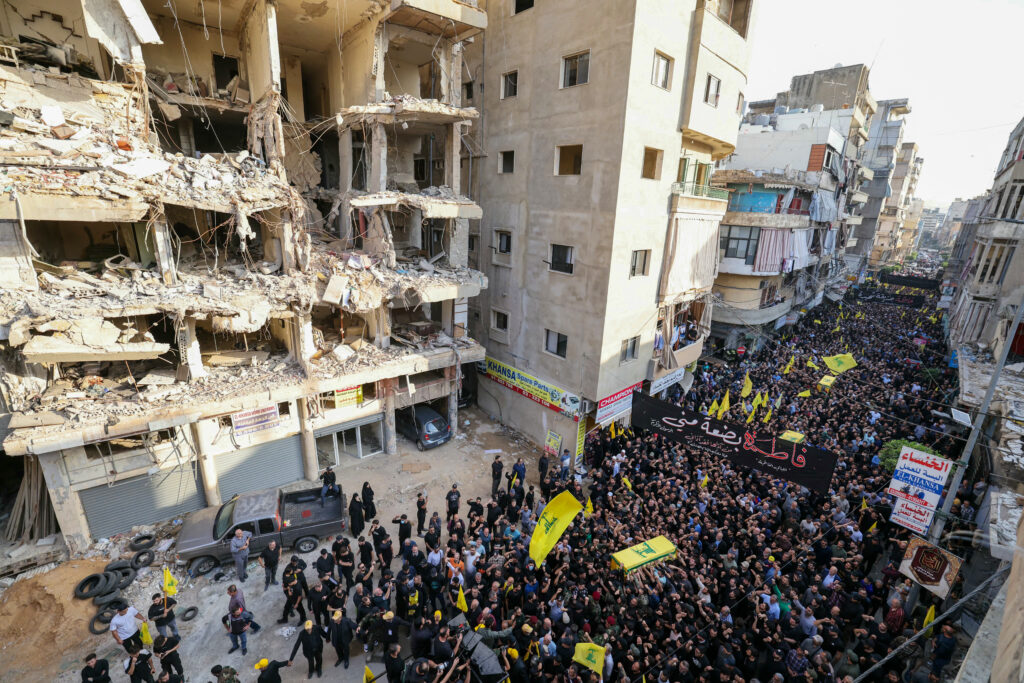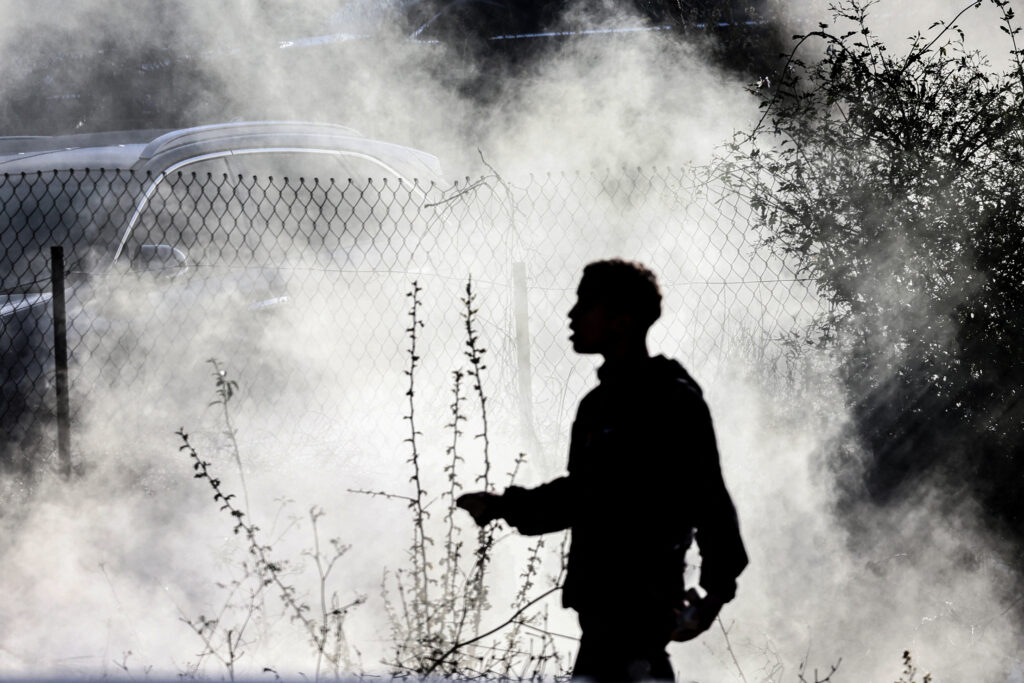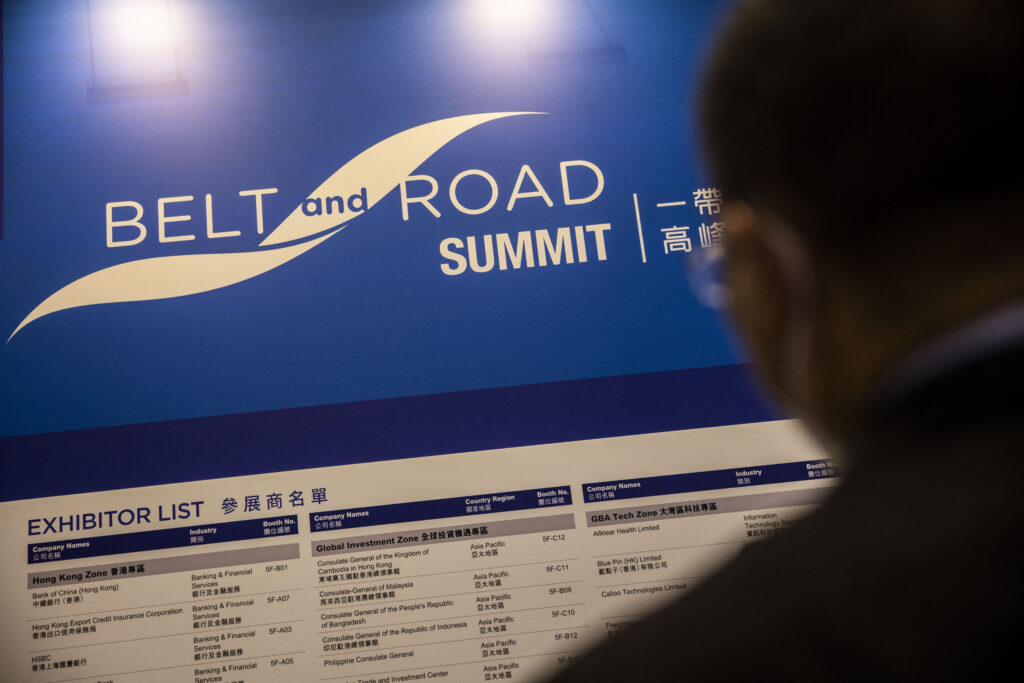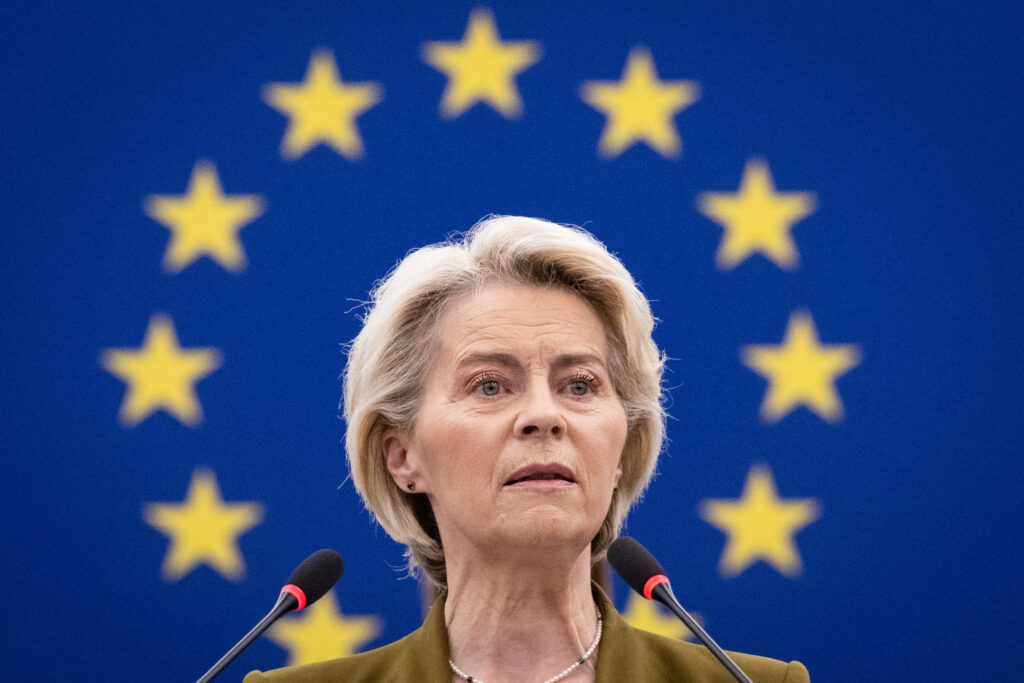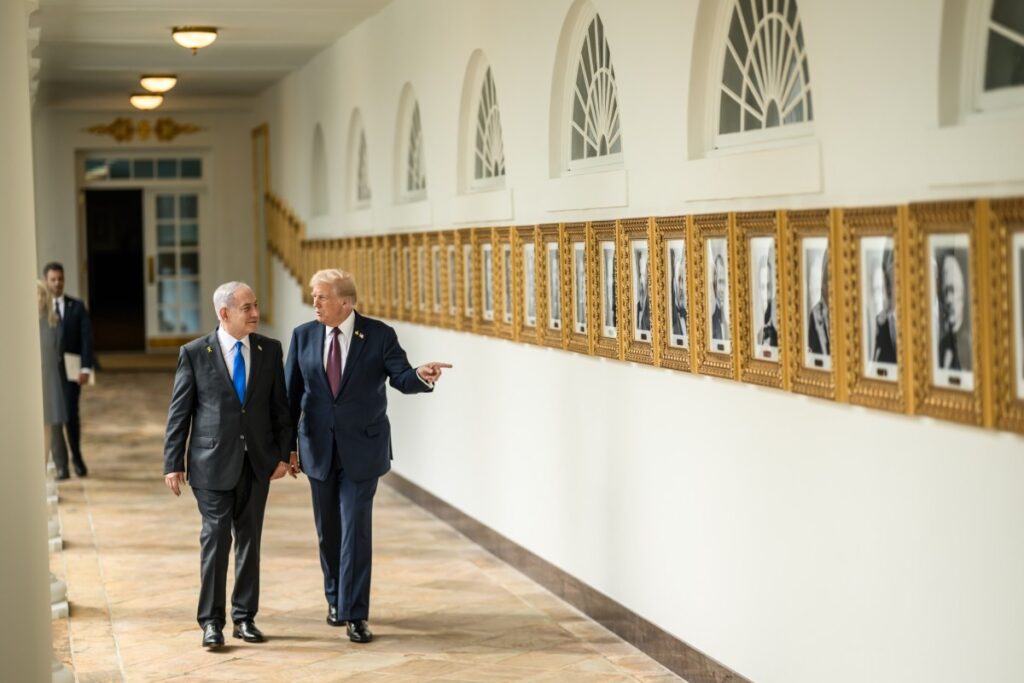Failed Bid on Iraqi PM’s Life May Trigger a Deadly Spiral
- -
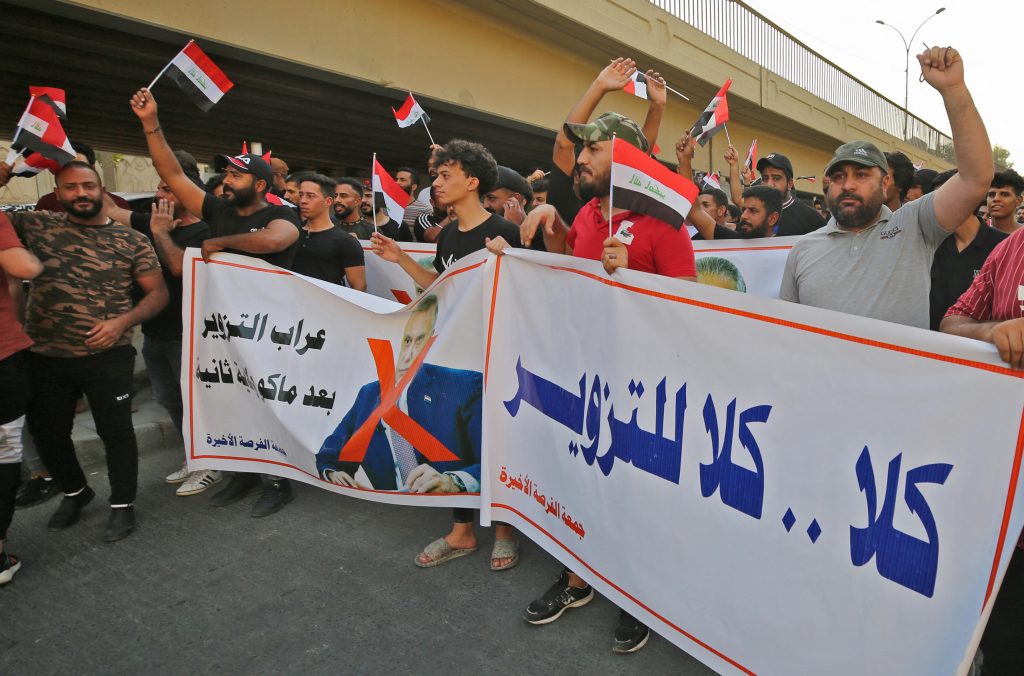
By Gyorgy Busztin, Visiting Research Professor, MEI-NUS
The 7 November 2021 drone and missile attack that aimed to kill Iraqi Prime Minister Mustafa Al-Kadhimi failed in one respect – he escaped with a minor injury – but could yet set off something worse: a chain of events aimed at overturning recent election results and thus derail the country’s hard-won relative stability.
In line with established practice when it comes to acts of premeditated political violence in Iraq, nobody came forward to claim responsibility. Still, it was clear as daylight who the perpetrators were, and on 9 November 2021, Iraqi officials pointed the finger at Iran-backed militias. No outright denials were forthcoming from these groups, and, in fact, some of them made statements which clearly telegraphed their disappointment that the attack failed.
An official of one such group, Kataib Hizballah, went so far as to say that no one in Iraq “would waste a drone on a former prime minister”. Another militia strongman, Qais Al Khaz’ali, the chief of the Asaib Ahlul Haqq militia, justified the assault, saying it was a response to “fraud in elections” – a clear reference to unhappiness within the militias over their massive losses in polls held last month (October 2021).
The Iran-backed militias have refused to accept the results of the election, and would rather see the country go up in flames than concede. The attack on Mr Kadhimi has been seen by analysts as an escalation of this effort. In a press conference right after he survived the attempt on his life, the prime minister reminded Iraqis that he had made good on his promise of holding snap elections, guaranteeing they were free and fair. The message was clear: he opened a peaceful, democratic path for Iraqis to elect their leaders.
It is exactly this that frustrates the militias, who for the last four years have tried hard to take over Iraq at any cost. Backed by Iran, they attempted to sideline the government and make it subservient. When popular protests broke out against corruption and the militias’ overweening influence, they turned their guns on the demonstrators.
The violence claimed over 600 lives, and in a bid to avert civil war, the Iraqi government gambled on snap elections to put the militias in their place, and won. Fed up with Iranian influence, Iraqis voted against the militias, and they lost two-thirds of their seats in a parliament where by law they should have never been present in the first place (the law was never enforced).
Unable to stomach defeat, the militias turned to their trusted method for righting perceived wrongs: assassination. But they miscalculated. Mr Kadhimi’s brush with death unleashed a wave of sympathy and solidarity at home and around the world. United States President Joe Biden, Gulf monarchs and other regional leaders were among those who expressed support. Many Iraqis, including those who boycotted the election in protest, have also openly voiced their support for the prime minister.
Whether or not Mr Kadhimi can use his increased political capital to sideline the militias – ridding Iraq of them altogether is next to impossible because of Iran’s pervasive influence – remains to be seen. He has confidently announced that he knows who conspired to kill him. Naming and shaming the culprits is an important card he may want to play carefully. So far, his call for calm and dialogue, instead of escalation, reflects his political savvy. That may not be enough to prevent Iraq from slipping into the abyss, however.
The balance of power between government forces – with the formidable counter-terrorism force at their head – and the Iran-supported militias opposing them is difficult to gauge, but Iraqi society is clearly poised against the non-state actors. The militias may attempt a fight, but they would fail to garner popular support, and violence would further isolate them. Their handlers in Tehran – who blamed “outside think-tanks”, a term nebulous even by Iranian standards, for the attack – have reason to avoid a showdown. With talks on its nuclear programme restarting in Vienna in barely two weeks, Iran does not need a renewed civil war in its backyard, and, much like it has done in Lebanon recently, may opt to urge its agents to practise restraint. Indeed, its Quds Force chief, Brigadier-General Esmail Ghaani, rushed to Baghdad to do exactly that the day after the attempted assassination.
The key to solving Iraq’s intractable crisis may lie with Muqtada Al-Sadr, the powerful Shi’a politician whose movement made the greatest gains at the ballet box, significantly increasing the number of seats it will hold in the next parliament. On top of his political movement, the cleric also commands a powerful militia that is increasingly at odds with Tehran. His support for Mr Kadhimi may be the game-changer in the political showdown with the Al Fatah coalition, the political umbrella organisation of the Iran-backed militias. If push comes to shove, Al Fatah may find that it has bitten off more than it can chew: Kurds and Sunnis, who have hitherto stayed clear of what they deemed a Shi’a stand-off, may well offer their support to the prime minister, too.
This extended game of chicken between the government and militias leaves Iraq chronically unstable and unable to tackle bigger issues such as the economy, which will be costly for all. The question facing Iraq now is whether it can emerge from a new crisis without triggering what set it off in the first place – violence.
About the Author
Dr Gyorgy Busztin is Visiting Research Professor at the Middle East Institute, NUS.
In 2011, he was appointed deputy envoy for the United Nations in Iraq, responsible for the political, analytical, electoral and constitutional support components of the UN’s mission there. He served at the level of assistant secretary-general until October 2017.
A career diplomat and an academic, he served, between 2001 and 2011, as Hungary’s ambassador to Indonesia and subsequently, Iran.
Dr Busztin holds a degree in Arabic history from Damascus University, Syria and a Doctorate in Arabic language and Semitic philology from Lorand Eotvos University in Hungary. In addition to his native Hungarian, he speaks English, French, Arabic, Farsi/Dari (Persian), Malay (Indonesian) and Russian. He believes strongly in political and intercultural dialogue and has engaged leading politicians, intellectuals, religious leaders and representatives of civil society.
Image caption: Hundreds of supporters of pro-Iran groups clashed with security forces in Iraq’s capital, Baghdad – near an entrance to the Green Zone – on 5 November 2021, expressing their fury over last month’s election result, AFP journalists and a security source said. Photo by Ahmad Al-Rubaye / AFP.


